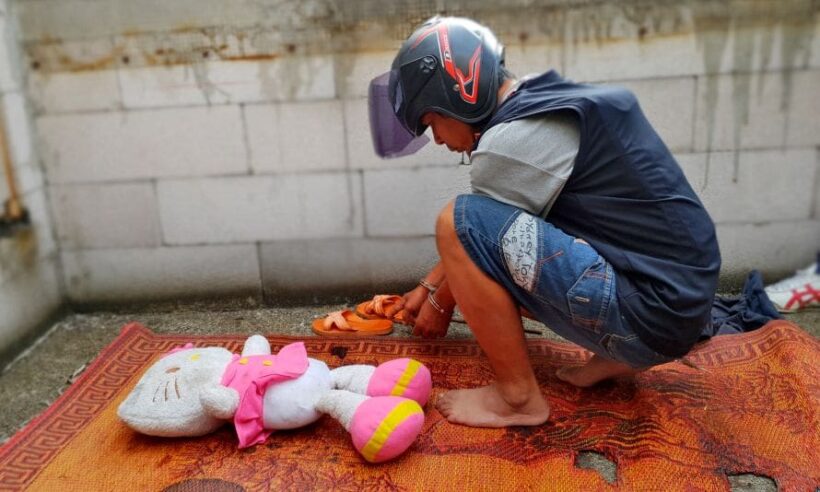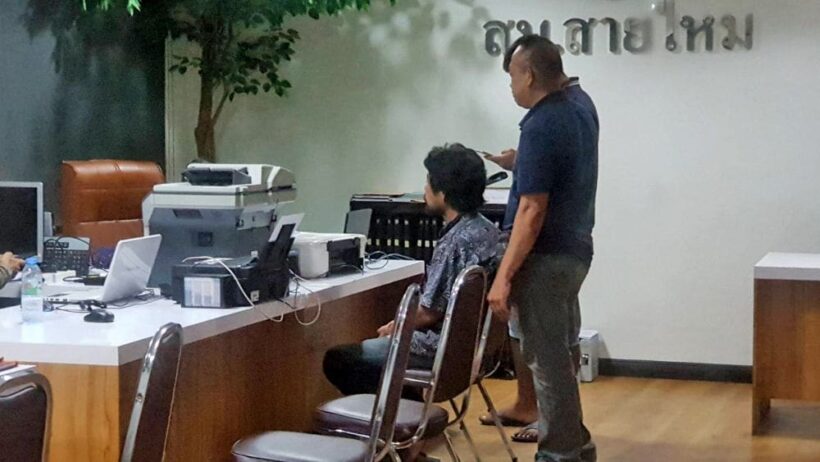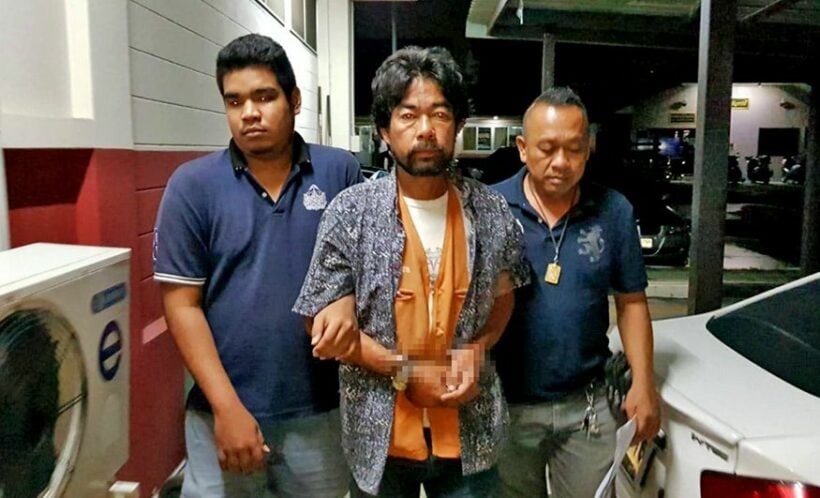Most rape cases ‘settled’ by police, says foundation

by Kornrawee Panyasuppakun – The Nation
We are all familiar with Thai police ‘settling’ small misdeamours, mostly road, on the spot – acting as judge and jury and keeping many minor potential court cases away from lawyers and the Thai court system.
But the Women and Men Progressive Movement Foundation claims that most rape case, including child rape cases, are also ‘settled’ by police before they reach court. The Foundation monitors rape case reports and helps victims of domestic and sexual violence.
A series of child-rape reports recently point to the prevalence of sexual violence against young girls in Thailand. In one case, a girl was almost raped by a motorcyclist after he allegedly convinced her he had been sent by her father to pick her up.
Another case took place in the school’s toilets when a four-year-old girl was allegedly raped by students aged 15, 16 and 18. The incident was discovered when the teacher found the girl bleeding heavily and alerted the mother. The mother then filed a complaint with police early this month, but grew impatient with their lack of progress and contacted a woman’s foundation for help to bring the abusers to court.
Most rape cases are halted during the police stage and very few reach the court, confirms Angkana Intasa, senior member of the Women and Men Progressive Movement Foundation. Her organisation monitors sexual violence cases reported in newspapers and helps victims of rape.
In 2015, said Angkana, media reports of sexual violence numbered as high as 306 cases — the majority being rape cases.
Very few of those cases reached the court that year, the foundation’s research found. Out of 30 rape reports received directly from victims, only one made it to court.
For women, the main barrier to justice is a culture of victim-blaming prevalent among police, Angkana said. Among the questions that investigators asked victims were, what they were wearing, why they didn’t scream or call for help during the attack, why they lacked bruises or other signs of violence, and even whether they had falsified the report so as to blackmail the accused.

Many cases of child rape also come to a halt at the investigation stage, or are “settled” by the police intervention, she said.
However, for child victims, family shame is the biggest barrier to bringing the rapist to justice. The idea that being raped brings shame on the girl and thus should be covered up allows the rapist to escape the courts.
“Police and the victims think being raped is shameful, that it is something that shouldn’t be publicised. The police often think it is better to settle the case quietly, to avoid making the child suffer from shame and trauma,” she said.
“So what we see is the officers often write the report, but don’t put the case forward, and many help settle the case,” she said.
If rapists are not brought to justice, they could repeat the crime – with many children ending up victims of the same rapist. This creates a dangerous environment for women and children, said Angkana. Young children, for example, are very vulnerable to abuse. “We found that oftentimes children are raped by their neighbour, school seniors, or adults whom their parents have entrusted to take care of them, or people in the community,” Angkana said.
“And once abused, they are often too young to understand that they were raped. Parents often don’t find out until later,” she said.
In the rape case cited above, the 4 year old girl told her mother that “my senior stabbed me with a ‘knife’”.

STORY: The Nation
Latest Thailand News
Follow The Thaiger on Google News:


























